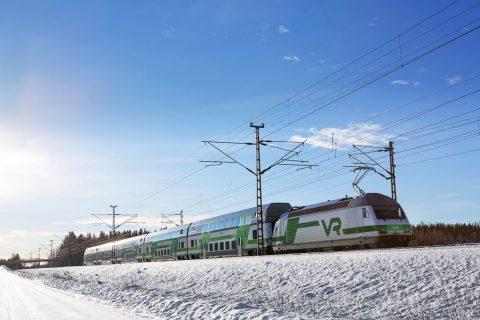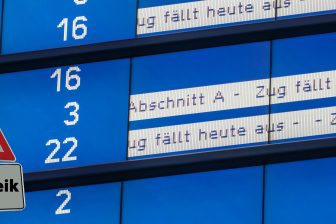
Finland enters new PSO contract with VR
Source: VR Group
VR Group and the Finnish Ministry of Transport and Communications have reached an agreement on purchased transport services until 2030 under public service obligation (PSO). Finland’s national operator also commits itself to major fleet acquisitions, more than 280 million euros will be invested in new night trains and commuter trains.
Want to read more?
You have read all of your free premium articles for this month. Please become a subscriber to keep reading.
Subscribe now!
Take advantage of our exclusive offer to get full access to all premium content.



